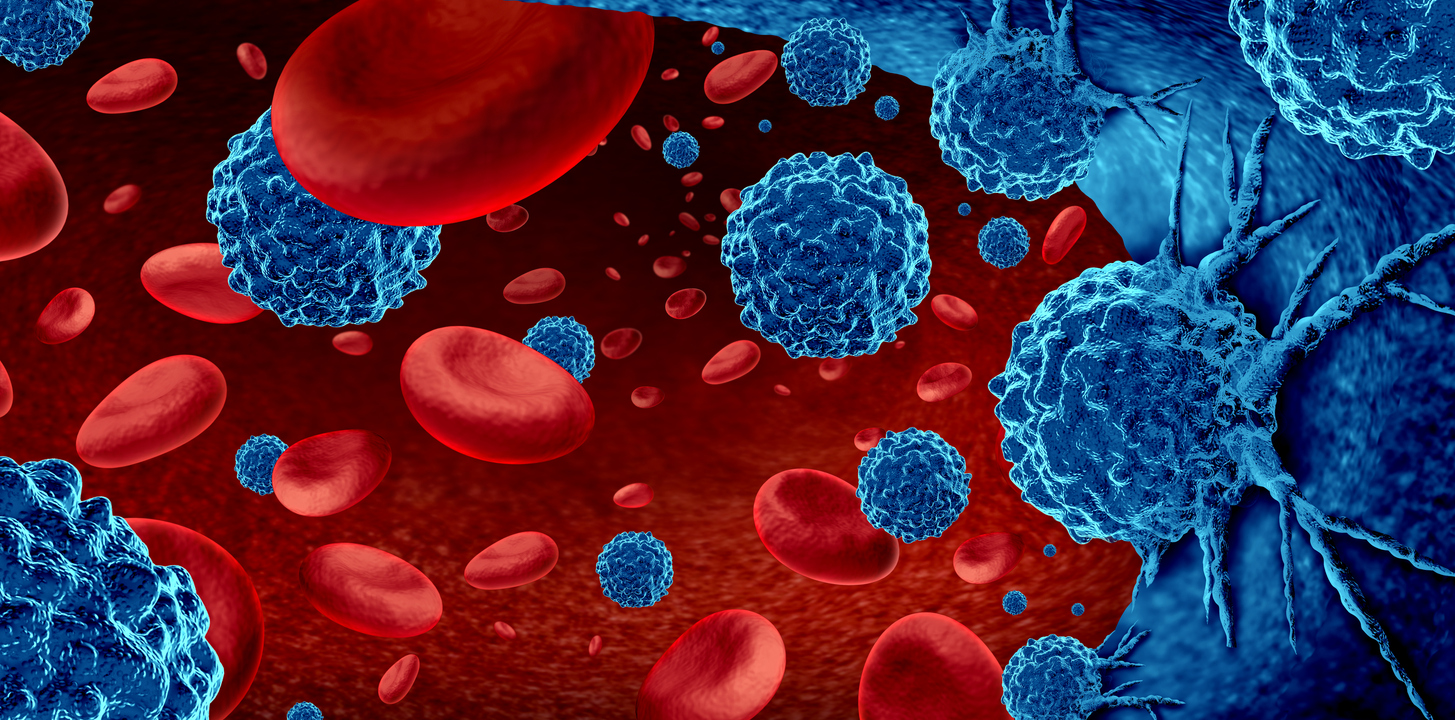The field of Hematology-Oncology is continuously evolving, with groundbreaking advancements in the treatment of various blood cancers. Over the years, researchers and medical professionals have worked tirelessly to develop novel therapies that target specific cancer cells, improve patient outcomes, and enhance the quality of life. In this article, we explore the current landscape of Hematology-Oncology and delve into the innovative therapies being utilized for different hematologic malignancies.
- Leukemia:
Leukemia, a type of blood cancer that affects the bone marrow and blood, encompasses different subtypes, including acute myeloid leukemia (AML), acute lymphoblastic leukemia (ALL), chronic myeloid leukemia (CML), and chronic lymphocytic leukemia (CLL). Recent advancements in the treatment of leukemia have led to improved survival rates and better disease management.
-
AML: The introduction of targeted therapies such as FLT3 inhibitors (midostaurin, gilteritinib) and IDH inhibitors (ivosidenib, enasidenib) has revolutionized the treatment of AML. These drugs specifically target mutations found in certain subsets of AML patients, improving response rates and overall survival.
-
ALL: Immunotherapy has emerged as a promising approach for ALL treatment. Chimeric antigen receptor (CAR) T-cell therapy, which involves modifying a patient's T-cells to recognize and kill cancer cells expressing specific antigens (CD19), has shown remarkable success in pediatric and adult patients with refractory or relapsed ALL.
-
CML: Tyrosine kinase inhibitors (TKIs) such as imatinib, dasatinib, and nilotinib have transformed the management of CML. These drugs effectively target the abnormal BCR-ABL fusion protein, leading to high rates of durable remission and improved overall survival.
-
CLL: Novel targeted therapies, such as Bruton's tyrosine kinase (BTK) inhibitors (ibrutinib, acalabrutinib) and BCL-2 inhibitors (venetoclax), have shown significant efficacy in the treatment of CLL. These agents disrupt key signaling pathways involved in CLL cell survival and proliferation.
- Lymphoma:
Lymphomas, including Hodgkin lymphoma (HL) and non-Hodgkin lymphoma (NHL), represent a diverse group of cancers originating from lymphocytes. Recent advancements have expanded treatment options and improved outcomes for lymphoma patients.
-
HL: Immune checkpoint inhibitors, such as pembrolizumab and nivolumab, have demonstrated remarkable efficacy in the treatment of relapsed or refractory HL. These drugs unleash the immune system's ability to recognize and attack cancer cells.
-
NHL: Several targeted therapies have been approved for different subtypes of NHL. For example, CD20-targeted monoclonal antibodies, including rituximab and obinutuzumab, have significantly improved outcomes in B-cell NHL. Additionally, small molecule inhibitors like ibrutinib and lenalidomide have shown promise in treating specific subtypes of NHL.
- Multiple Myeloma:
Multiple myeloma is a hematologic malignancy characterized by the abnormal proliferation of plasma cells. Recent advancements have transformed the treatment landscape for multiple myeloma patients.
-
Proteasome inhibitors (bortezomib, carfilzomib) and immunomodulatory drugs (lenalidomide, pomalidomide) are commonly used in the frontline and relapsed/refractory settings, demonstrating substantial improvements in response rates and survival.
-
Monoclonal antibodies, such as daratumumab and elotuzumab, have shown remarkable efficacy, particularly in combination with standard therapies.
The field of Hematology Oncology has witnessed significant advancements in the treatment of blood cancers. Targeted therapies, immunotherapies, and novel agents have revolutionized patient care, resulting in improved survival rates and enhanced treatment outcomes. As research continues to unravel the complexities of hematologic malignancies, it is crucial to stay informed about the latest developments in order to provide the best possible care to patients. These innovative therapies offer hope for the future, bringing us closer to a world where blood cancers can be effectively managed and overcome.








